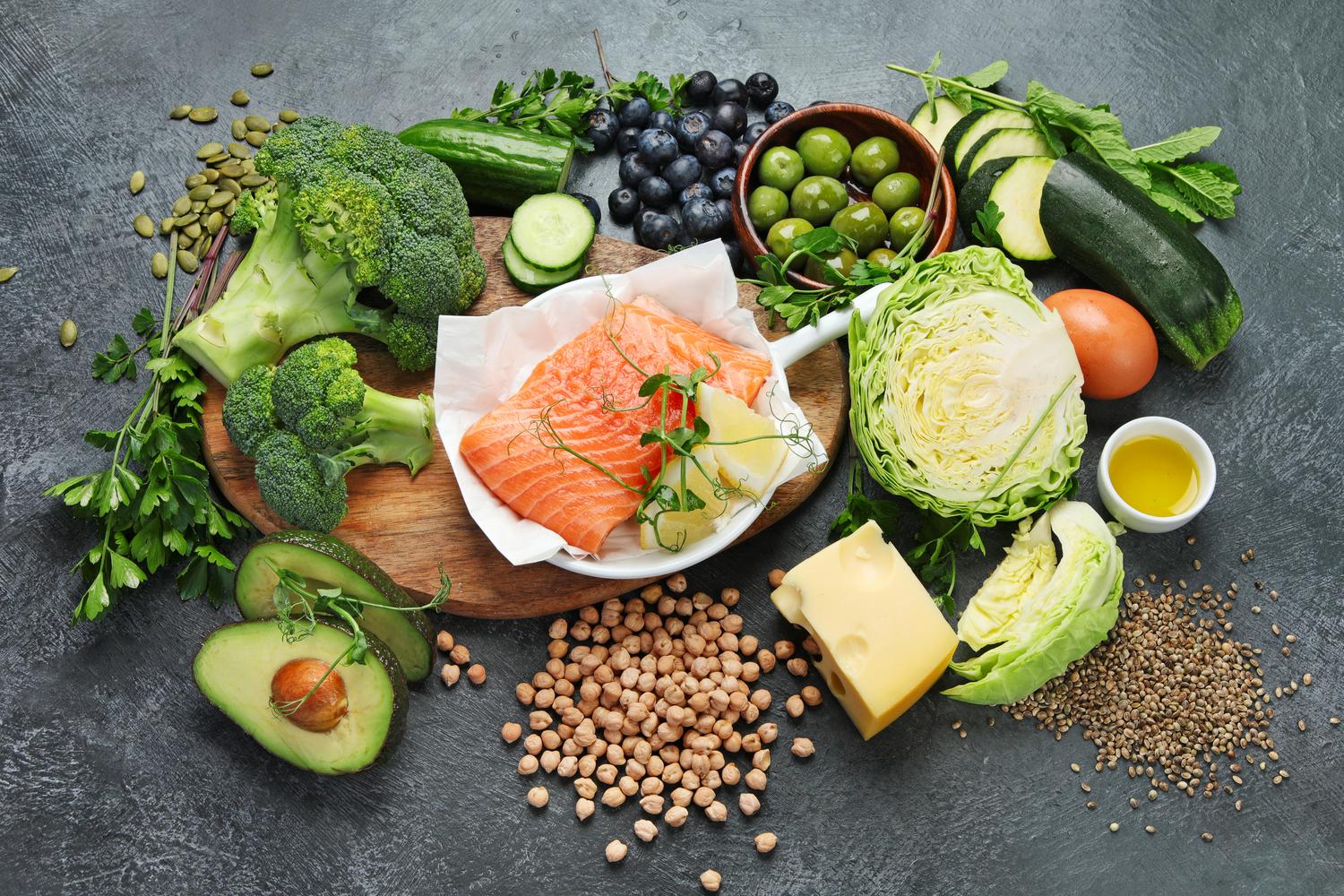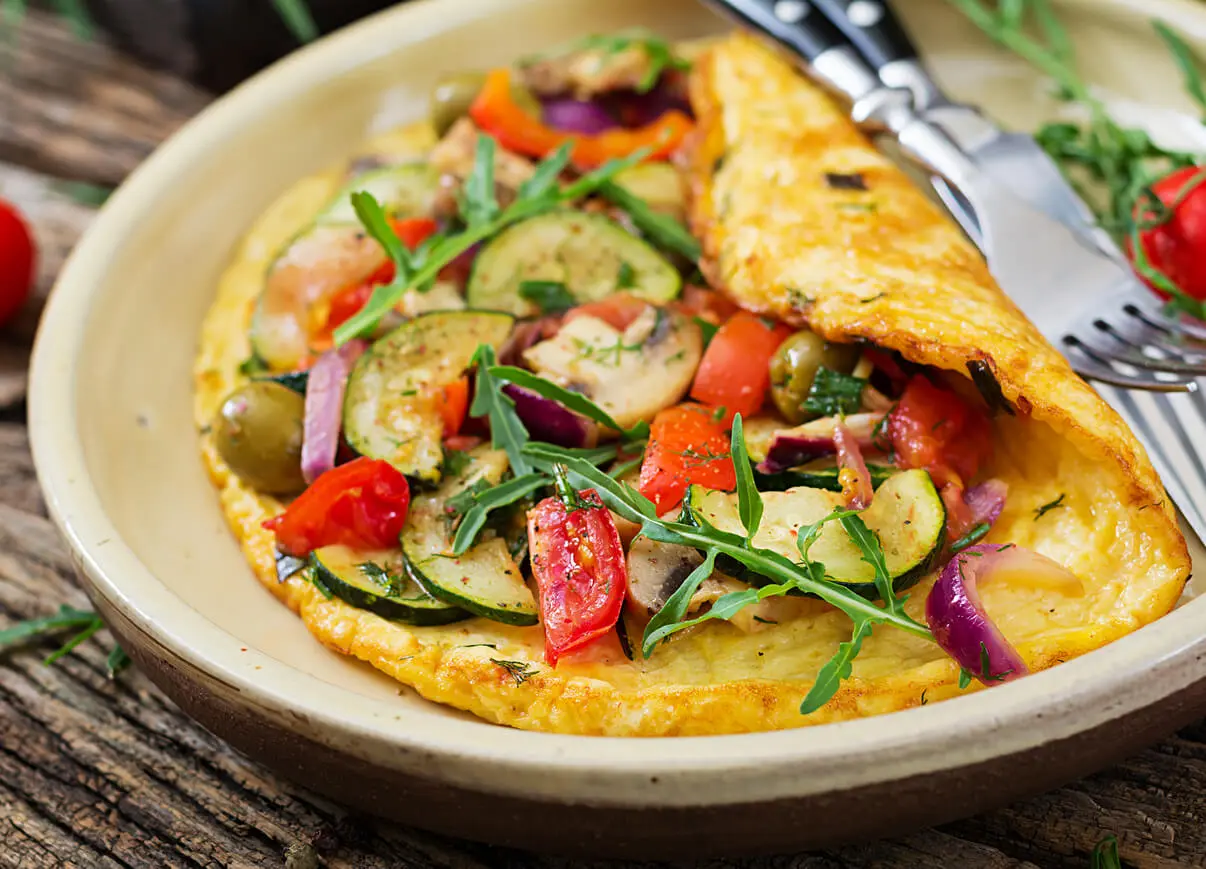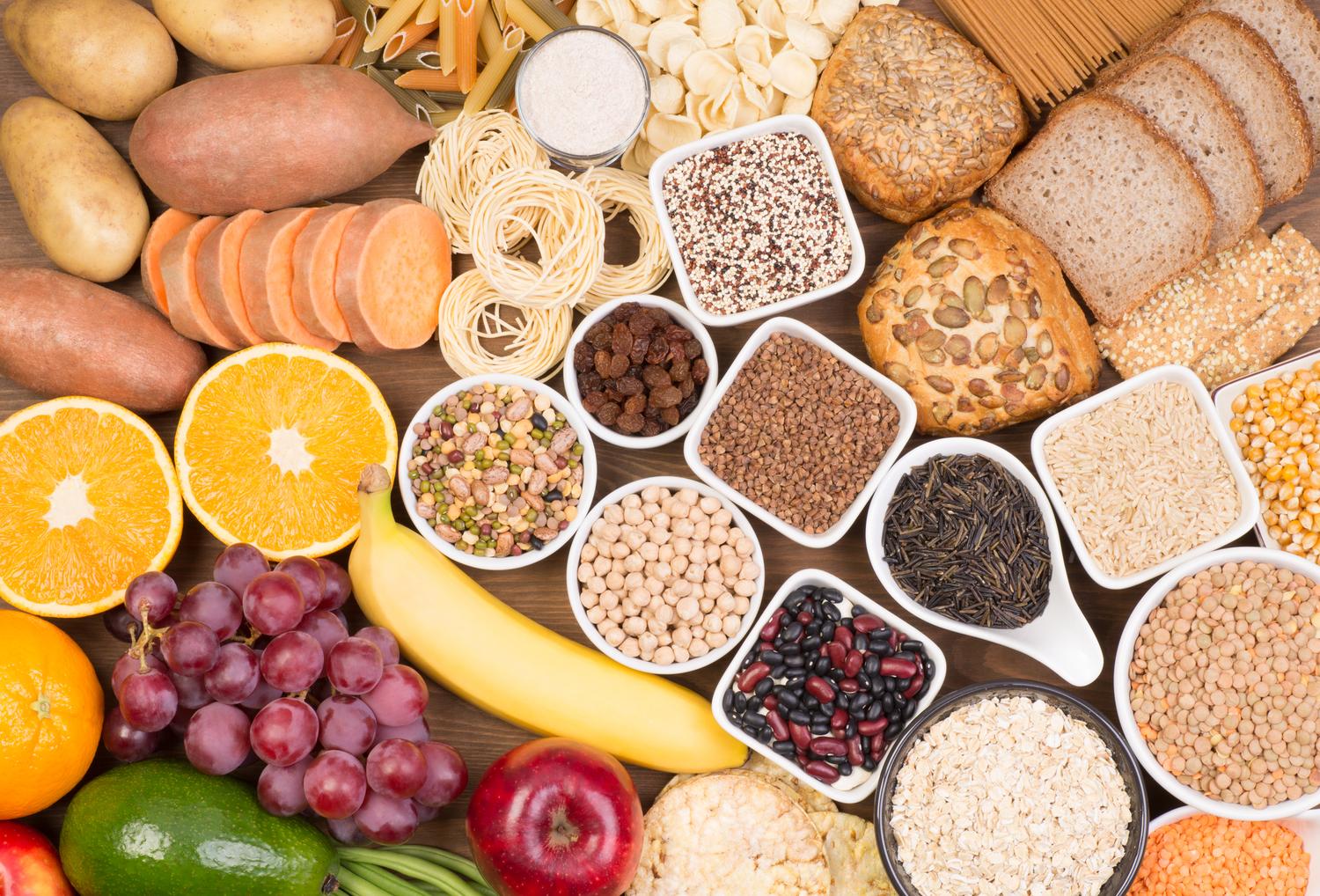High-Protein Diet For Weight Loss With a 7-Day Plan
The journey to weight loss often involves navigating through a maze of dietary advice and trends. Among the myriad of options, high-protein diets have gained popularity for their effectiveness and simplicity. This post delves into the core principles of a high-protein diet, its benefits, and practical suggestions to help you embark on your weight loss journey.
Below, Sesame's Medical Director Dr. Allison Edwards, MD explains core principles, benefits, and practical suggestions for adopting a high-protein diet, alongside a 7-day meal plan to kickstart your weight loss journey.
Core principles of a high-protein diet
- Increased protein intake: Traditionally, dietary recommendations suggest around 0.8 grams of protein per kilogram of body weight (0.36 grams per pound). A high-protein diet increases this intake significantly, with an aim of supporting muscle repair, growth, and overall body functions. Protein-rich diets can also help with weight management by promoting satiety and increasing metabolic rate.
- Balanced nutrient distribution: While protein is emphasized, it's essential to maintain a balanced diet that includes carbohydrates and fats. Complex carbohydrates from vegetables, fruits, and whole grains are incorporated to ensure the body receives enough fiber, vitamins, and minerals. Healthy fats from sources like avocados, nuts, seeds, and olive oil are also included to support heart health and hormone production. This principle ensures that while protein intake is increased, other essential nutrients are not neglected.
- Protein control and meal timing: Efficiently distributing protein intake throughout the day is a key principle of a high-protein diet. Consuming protein-rich foods in all meals and snacks helps maintain muscle mass, supports recovery, and can ad in weight management by keeping hunger at bay. Portion control is also crucial to avoid excessive calorie intake, ensuring that the increase in protein does not lead to consuming more calories than the body needs.
Health benefits of a high-protein diet
High-protein diets emphasize the intake of proteins while balancing other essential nutrients, has been linked to a myriad of health benefits that go beyond the scale. Some of those benefits include:
- Appetite control: Protein suppresses hunger hormones more effectively than other macronutrients, reducing cravings.
- Weight loss/management: High protein promotes satiety and may increase metabolism, contributing to calorie deficits needed for weight loss.
- Muscle building and maintenance: Adequate protein supports building and repairing muscle tissue, particularly when paired with strength training.
Nutritional guidance for a high-protein diet
This plan aims to include protein in every meal and snack. Look for lean sources and be sure to adjust portions to suit your calorie goals. The following nutritional considerations can be helpful:
- Animal proteins: Lean meats (chicken, turkey, lean beef), fish and seafood, eggs, and dairy products like Greek yogurt and cottage cheese are excellent sources of complete protein (contain all essential amino acids).
- Plant-based proteins: Tofu, tempeh, lentils, beans, chickpeas, quinoa, nuts, and seeds offer protein along with important fiber and nutrients. For a complete protein, pair grains and legumes (like brown rice and beans).
- Control carb intake: This doesn't mean going low-carb; choose complex carbohydrates, primarily from vegetables and some whole grains, to manage blood sugar.
- Smaller meals: GLP-1 meds may create a sense of fullness and sometimes delay digestion, so smaller, spaced-out meals may be better tolerated.
Types of high-protein diets
There isn't one single high-protein diet. Here are some common variations:
- Ketogenic diet: This is a very high-fat, extremely low-carb, and moderate-protein diet. The carbohydrate restriction induces ketosis, where your body burns fat as a primary fuel source.
- Paleo diet: Emphasizes foods theorized to be similar to those our hunter-gatherer ancestors ate – meats, fish, vegetables, nuts, but excludes grains, legumes, and dairy. While potentially high in protein, this isn't the diet's primary focus.
- Atkins diet: A multi-phase diet starting with very low-carb and high-protein, gradually reintroducing carbohydrates in later phases.
Considerations for high-protein diets
- Dietary balance: Focusing solely on protein can mean neglecting other important nutrients. Pairing high-protein with plenty of vegetables, fruits, and healthy fats is vital.
- Kidney health: Extremely high protein intake (significantly above recommended amounts) could put stress on the kidneys over time, especially for people with pre-existing kidney issues.
- Sustainability: Some individuals may find very high-protein diets difficult to adhere to long-term.
High-protein diet: 7-day meal plan example
Day 1- Breakfast: Cottage cheese with berries and a handful of almonds
- Lunch: Grilled chicken salad with mixed greens, cucumber, tomatoes, and light vinaigrette
- Dinner: Baked salmon with roasted asparagus and quinoa
- Breakfast: Protein shake with mixed greens, berries, and a scoop of protein powder
- Lunch: Lentil soup with a hard-boiled egg
- Dinner: Turkey meatballs in marinara sauce with zucchini noodles
- Breakfast: Greek yogurt parfait with nuts and seeds
- Lunch: Tuna salad on whole-grain crackers with celery sticks
- Dinner: Grilled steak with steamed broccoli and a side salad
- Breakfast: Scrambled eggs with spinach and turkey sausage
- Lunch: Leftovers from dinner the night before
- Dinner: Shrimp stir-fry with mixed vegetables and brown rice
- Breakfast: Protein pancakes with a side of Greek yogurt
- Lunch: Chicken and avocado wrap on a whole-wheat tortilla
- Dinner: Baked chicken breast with roasted sweet potatoes and green beans
- Breakfast: Egg white omelet with vegetables and feta cheese
- Lunch: Salad with grilled tofu, chickpeas, and quinoa
- Dinner: Lemon and herb baked cod with roasted Brussels sprouts
- Breakfast: Overnight oats with protein powder and sliced fruit
- Lunch: Black bean burger on a whole-wheat bun with a side salad
- Dinner: Turkey chili with a sprinkle of low-fat cheese
General tips
- Snacks: Options like hard-boiled eggs, hummus with vegetables, jerky, string cheese, or Greek yogurt provide a protein boost between meals.
- Hydration: Super important! Aim for plenty of water throughout the day.
- Meal timing: Eat slowly and try to be mindful of your body's fullness signals.
- Flexibility: Listen to your body and switch up your choices. The goal is to find high-protein foods you enjoy!
Disclaimer: This is a sample plan. Always consult with your healthcare provider to personalize a diet plan tailored to your individual goals, medication, and overall health.









